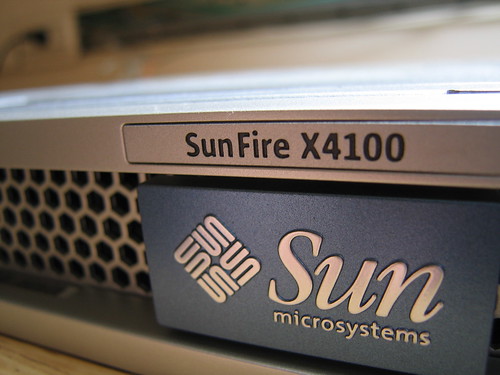What is LK99?
LK99 is some sort of lead phosphate compounds called lead apatite with small amounts of copper in it. Apatites are a class of mineral, found in everything from marble to bone and teeth enamel. In marble and other rocks apatites tend to be clear but soft crystals. However, these apatites usually are made of calcium or potassium rather than lead.
The material was discovered by two people at Korea University in 1999.
What’s happened about room temperature semiconductors?
In March, a paper was put online by Korean researchers that proposed a theoretical model of room temperature semiconductors using LK99 as a material. A video was put online that is alleged to support a practical test of a room temperature superconductor.
The theoretical paper was formerly published at the end of April in a Korean journal.
In July, they put a paper online and submitted it for peer review claiming that LK99 had exhibited room temperature superconducting properties. EETimes Europe immediately picked up the paper and pointed out its current pre-publication, pre-peer review status. Early reactions to the paper from experts interviewed by Scientific American indicated a high level of skepticism.
Some claims about about LK99, such as the material’s structure have been verified but at the time of writing the substantive claims of room temperature superconductivity have not been replicated.
What’s a superconductor?
A superconducting material allows electricity to pass through it without resistance. This will also exhibit magnetic properties as a magnetic field occurs at right angles to a flow of electricity.
Superconductivity usually occurs at temperatures near absolute zero.
High temperature semiconductors
In the mid-1980s, IBM Research got everyone excited when it did foundational work on creating special materials that allowed superconductivity to happen at higher temperatures. High temperature superconductivity meant that you could cool the materials with liquid nitrogen, rather than having to use liquid helium. So still extremely cold and often also under extreme pressure. The most common high temperature semiconductors operate at up to -163 centigrade, or 100 Kelvin. The jump from semiconductors operating at -270 centigrade to -163 centigrade bought a lot of hope at the time that a boundless future was just in front of us.
Modern superconductors are used in hospital MRI scanners, which is where most people will get to see them. They are used in these machines to create powerful electro-magnets. High temperature superconducting materials have yet to be used widely in applications like this due to cost.
Potential uses
Cost effective superconductors operating at room temperatures open up a range of possibilities:
- Much smaller and cheaper to operate hospital scanners
- Improved efficiency for electricity generation and transmission
- Improved electric vehicle performance such as practical magnetic levitation railways ushering in aircraft level speeds of travel
- More efficient electric motors
- Lower power consumption in electronic devices
- Commercially viable nuclear fusion for power generation
- Launching satellites via a rail gun rather than a rocket
- Convention weapons of unimaginable speed and power
If this sounds too good to be true, it might be because it is; or we can’t conceive of the technology to do it successfully yet. Think about how unrealistic an iPhone would have seemed to the boffins of Bletchley Park in the 1940s.
If LK99 were real, it could herald in an exciting future.
Best case scenario, commercialisation takes a long time
Even if LK99 was proven to be a room temperature superconductor, it would take decades to make the technology commercially usable. For example, the forerunner of the modern lithium ion battery was invented by a researcher at Exxon in the early 1970s. They tried to commercialise the battery technology, but eventually stopped due to safety concerns. (Given that this was the 1970s, those safety concerns must have been real and reasonably harsh.)
The Exxon work was built on by multiple universities including Stanford. In 1983, a Japanese team at a joint venture company between Asahi Kasei and Toshiba built an initial prototype, which they then modified and came up with a prototype of a battery close to what we use today in 1985. Sony went on to commercialise the batteries in 1991 and the Asahi Kasei-Toshiba joint venture did so a year later. Sony introduced lithium ion batteries on their Sony CCD-TR1 consumer camcorder in 1991. This was a small (allegedly ‘passport sized’ but more like a stout paperback book to read on holiday) high-end machine at the time featuring Hi-8 (high-band 8mm video recording).
The Ericsson T28 cell phone was notable at the time for its use of a lithium ion battery when it launched in 1999.
Worst case scenario
LK99 adversely affects the reputation of Korea University, one of Korea and the world’s most foremost research universities. There is a lot at stake. You can find out more about materials here.






